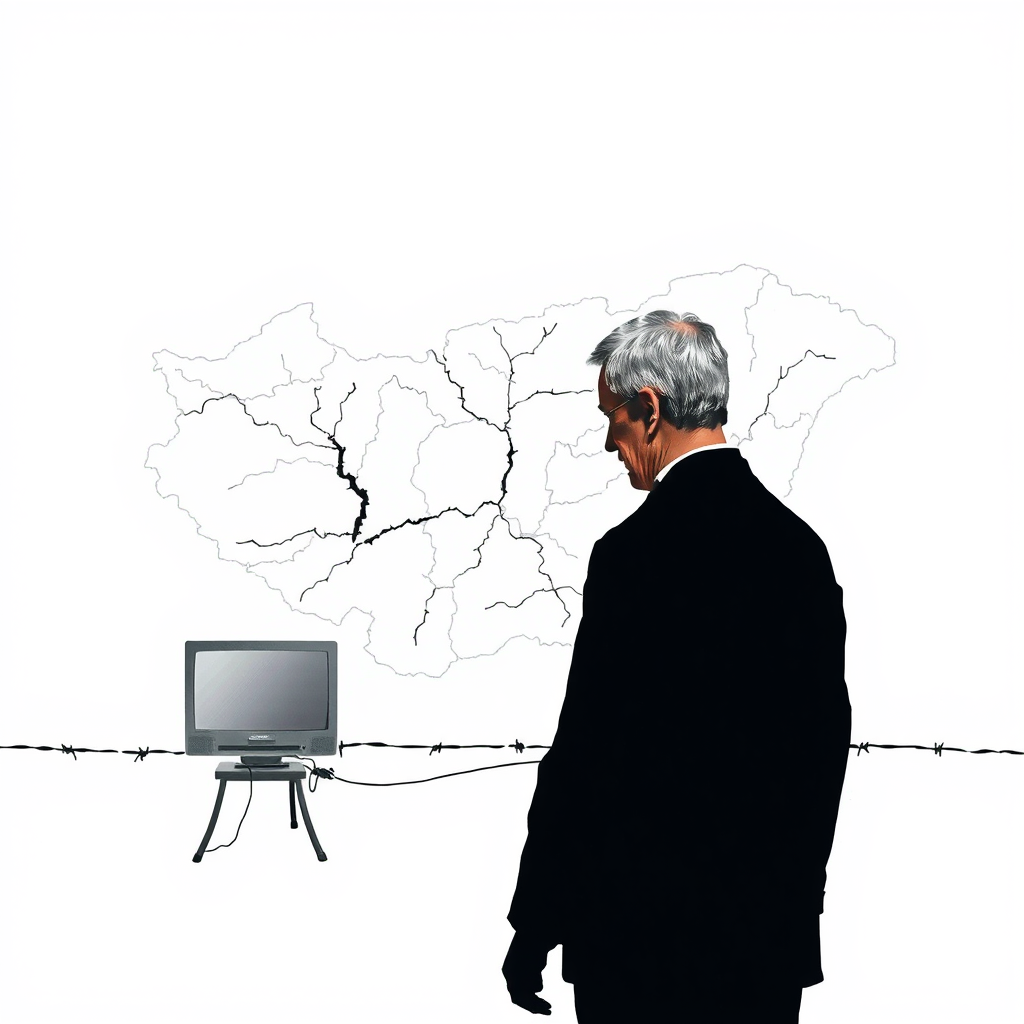Hungary's Orban: A Blueprint for Autocrats?

Hungary’s democratic backsliding has become a closely watched case study for political observers globally, notably including consultants who previously engaged with the Trump administration. The erosion of democratic norms and institutions within Hungary, under the leadership of Viktor Orbán, isn’t simply a regional concern; it’s being analyzed as a potential blueprint – or at least a cautionary tale – for aspiring authoritarian leaders elsewhere. The situation presents a disturbing example of how a democratically elected government can systematically weaken checks and balances, control media narratives, and marginalize opposition voices. While Hungary remains a member of the European Union, concerns are mounting about the long-term viability of its democratic foundations and the implications for the broader transatlantic alliance. The interest from those connected to the previous US administration underscores the potential for these tactics to be considered – and perhaps even adopted – in other contexts, making Hungary’s experience a critical subject for understanding contemporary threats to democratic governance. It’s a stark reminder that democracy isn’t a static achievement, but a fragile system requiring constant vigilance and defense.